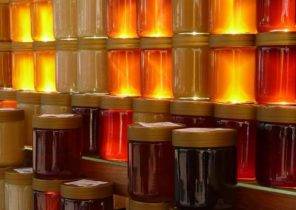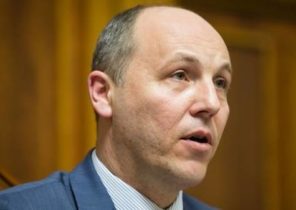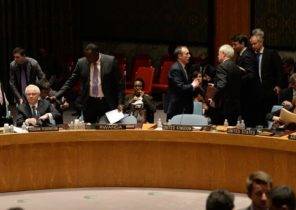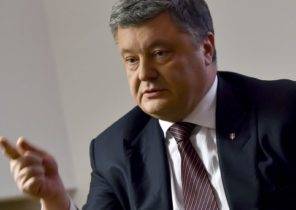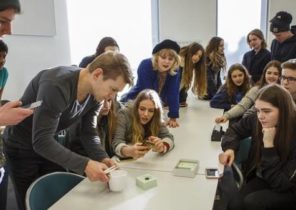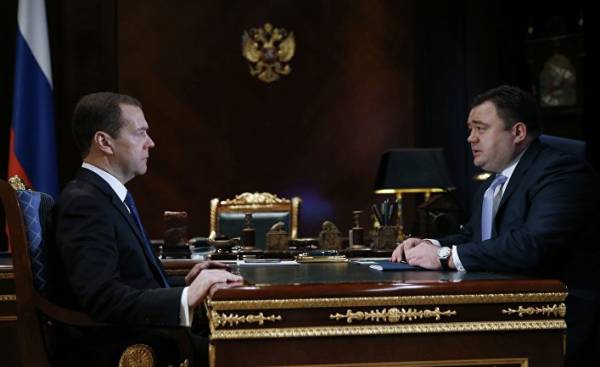
Washington. — Vladimir Putin’s Russia looks more and more like a sclerotic, stagnant Soviet Union in the times of Leonid Brezhnev. Only in one area, the Putin regime remains an innovator — corruption. Moreover, in the 18th year of Putin’s rule in the country established a new form of “capitalism for friends”.
In the past decade, Putin had a strong renationalization of the Russian economy. The size of the public sector grew from 35% of GDP in 2005 to 70% in 2015. it May seem that the state, in Lenin’s words, regained control of the “command heights” of the economy.
But on the other hand, it may seem that state-owned companies such as oil and gas giants Gazprom and Rosneft, run like modern business enterprises. After all, they have rules and regulations, corporate governance, Supervisory boards, Board of Directors, the annual meeting of shareholders. They conduct an independent international audit, publish annual reports, their boards are independent Directors.
However, appearances can be deceiving. Rules and regulations in major state-owned companies are a mere formality. Them in reality does not control even the government. Actually controls them, a small group of “friends” — former KGB officers, Ministers and officials of the presidential administration, which act as personal representatives of Putin.
This system has the characteristics of old feudal model described by Harvard Professor Richard pipes (Richard Pipes) in his classic work “Russia under the old regime” (Russia under the Old Regime): maximum freedom of action of the Governor, which delegates tasks to the feudal lords. As a result, due to Russian state companies, the property of the state has become a kind of new Tsar’s property.
International investors understand this. They buy Russian equities, but only for significant dividend income, rather than for the sake of joint influence. Not surprisingly, the market capitalization of Gazprom fell from a peak of 369 billion in may 2008 to around $ 55 billion today.
More questions is the activity of so-called state corporations. From a legal point of view, these companies, including Vnesheconombank (VEB) and rostec are independent non-governmental organizations. However, they are based by transferring public funds or assets: in 2007 it was created six such corporations, who received property amounting to about 80 billion dollars and 36 billion dollars budget funds. All this was under the direct control of Putin.
State capitalism is usually associated with state policies in the field of investment and technological development. Indeed, the task of the Russian state Corporation is the defending state interests and the creation of public goods. In reality, their managers do whatever they want, for example, they can help friends by distributing, at its discretion, funds for purchasing or selling assets at below market prices.
Loyal managers of large Russian state companies for a long time sitting in their chairs, regardless of their compliance with minimum standards from the point of view of efficiency, profitability or innovation. None of the company’s head didn’t drop the value of his company as Alexey Miller, Gazprom. Nevertheless, he heads “Gazprom” for 16 years, and through the years continues. In 2013, the official salary of the Miller amounted to $ 25 million. And today nobody knows, how much he earns, because the remuneration of executives of similar state-owned companies is no longer published.
In exchange for their huge salaries and the rich feudal estates, the lords Putin must defend its interests, especially if there are geopolitical issues that are threatening the future of the regime. For example, “Gazprom” obediently blocks the supply of gas disobedient neighbors, which the Kremlin wants to punish, in spite of the high commercial costs. The company provides gas to the whole of Russia, and it does not matter, get paid for it or not. “Rosneft” has given the Venezuelan state oil company loans billions of dollars (the collateral was owned by Venezuela, U.S. oil refinery company Citgo), obviously trying to take advantage of the desperate economic situation in the country to gain access to her oil fields.
Russia’s economy is now, of course, also not in the strongest form. However, Putin’s system seems able to survive even the disappearance of the oil rent. Putin allowed the “system liberals” in his administration to impose hard budget constraints for large state-owned companies. Rosneft, for example, was forced to abandon the most destructive to the value of the company investment, for example, petrochemicals. As a result, financial stability was likely to continue. Anyway, if the price of oil will remain at about $ 50 per barrel, the Russian oil rent would remain significant.
However, in this system, new problems arise, since nepotism. Russian “capitalism for its” spawned a small class of extremely wealthy people whose children get important government posts as early as age 30. Not surprisingly, this causes dissatisfaction among talented and ambitious young people.
For example, Petr Fradkov, son of former Prime Minister Mikhail Fradkov became the Deputy Chairman of VEB at the age of 29 years. Sergei Ivanov, son of the former head of the presidential administration, which the same name is Sergey Ivanov became the first Vice-President of “Gazprombank” in 25 years (a 36 — President of ALROSA, the state diamond mining company). The son of the President of “Rosneft” Igor Sechin, Ivan, became Deputy Director of a Rosneft Department in 25 years.
A new model of “capitalism for the” Russia is a conscious attempt to copy the success of the past feudal system of Russia, which lasted several centuries. But times have changed and the level of income, education and openness to ideas from outside. In the modern world, such a system poses a real threat to social and political stability of Russia.
When opposition leader Alexei Navalny has produced a documentary on alleged corruption by Prime Minister Dmitry Medvedev, it was viewed more than 20 million people. In March tens of thousands took to the streets in 90 Russian cities to protest against corruption. We can assume that the neo-feudal foundations of the Putin regime is cracking, even the way palaces have not yet began to tremble.
Anders åslund is a senior fellow at the Atlantic Council in Washington.


